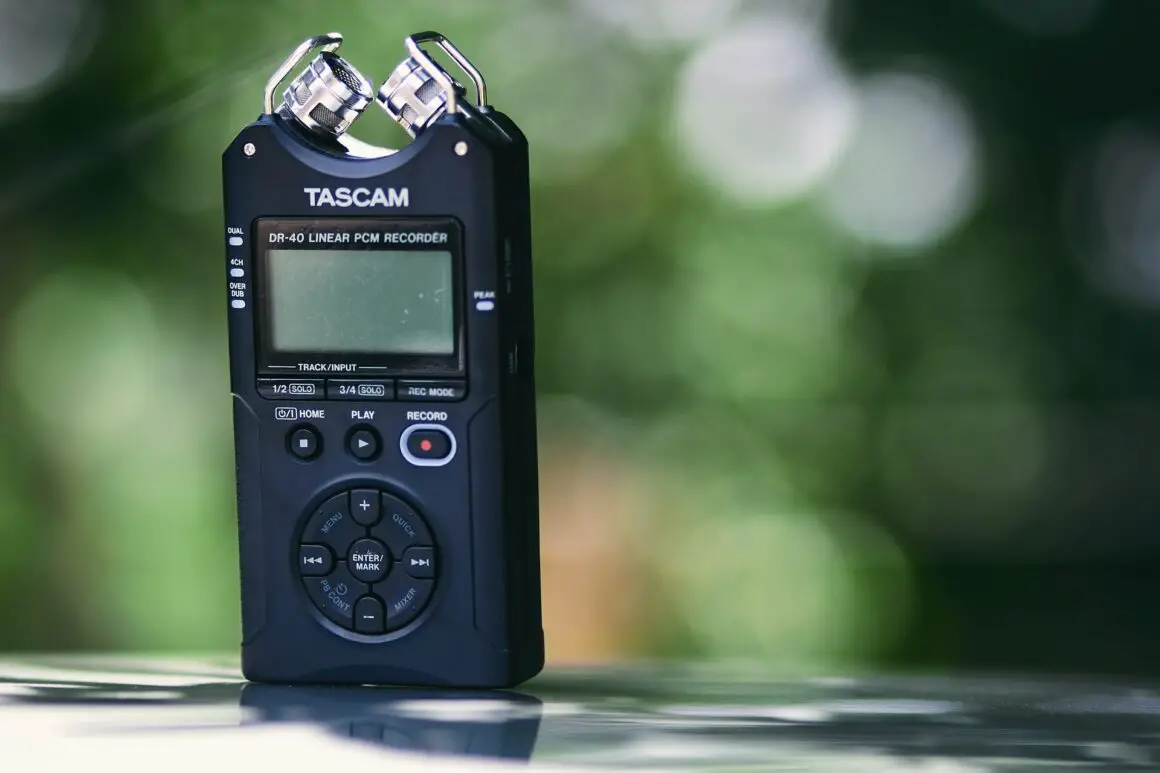Good writing for books, magazines and other publications often originates with an excellent interview. Journalists depend on developing this know-how. Here are some tips and techniques to help you conduct an accurate, solid interview. If you’ve done your job well and obtained original, relevant, researched material, you’ll have all you need to write an informative and even inspiring piece.
1. Record the Interview
If possible, tape the interview on a voice recorder (cell phones may work, but in my experience, they cut in and out, which can be unreliable and unprofessional, especially if your interviewee often gets dropped and you have to reconnect). Use the speaker feature on your phone. That way, you can listen better, be sure of accuracy, allow your interviewee to speak a little faster and you won’t miss those fantastic quotes when you hear them. Also, when you’re taping, you can make eye contact with your interviewee (unless it’s a phone interview).

If you tape, legally, you need to ask permission of the person you’re interviewing to do so. Before the interview, test the recorder to make sure it’s working. Also, as backup, always take some notes. If you don’t have a voice recorder, take good, complete notes so you can refer to them later. You can ask to have something repeated or to have your interviewee speak more slowly.
2. In-Person Interviews Are Best
An in-person interview works best. An over-the-phone interview is second best. Why? If conducted by email, the interviewee might fuss over it; it often sounds stilted, worked over, incomplete, insincere, and not real. The give-and-take between you and your interviewee is missing, along with those good quotes. An in-person or Zoom interview if that setup is available (or by phone) is fresher, more spontaneous. Of course, you might be interviewing someone in a different state or country by phone; just remember the time difference.
3. Prepare a List of Questions
Have a good, thoughtful list of questions to ask your interviewee. Never ask questions that can be answered with “yes” or “no.” You want to frame questions that will lead to good, complete and possibly fascinating answers. Interviews are personal and often heartfelt. What do you want to know? What do readers want to know? Read over your questions several times so you’re familiar with your material and interviewee so you don’t leave things out and can go out of order and back if you so choose.
4. Research, Research, Research

Do your homework. Famed interviewer, Barbara Walters, considers this paramount. Educate yourself about the subject in question, be it a person, place, or thing. Never be caught up short through lack of knowledge or education about the subject at hand. For example, suppose this is an interview about immigration. Know something about the country from which your interviewee emigrated. Background information may lead to questions that allow for a more in-depth interview, which shows that you’re aware and interested.
5. Intently Listen
A good interviewer really listens. Yes, you want your questions answered. But let’s say your interviewee says something wonderful, something you never thought about or considered. Go with that train of thought. This might lead to new questions, based on what he or she said. Ask those questions. That’s great! You can check off the questions that have been answered and go back to others later in the interview.
6. Find THE Quote
Listen for that excellent quote. Wait and you’ll see; it will jump right out and when you’re not expecting it. You’ll know it when you hear it. Make sure you get it down, word-for-word. Often, there is more than one. This makes the difference between an average interview and a memorable one. For example, I was interviewing a skilled, incredibly kind physician and it occurred to me, off my prepared list, to ask “What does the G. stand for in your middle name?” He replied, “Gabrielle” and with that “angelic” answer, fist pump, heart leaping up, he made my interview.
7. A Simple Yes/No Question Can Elevate the Interview
Here’s one yes/no question you can ask at the end of the interview. “Do you have anything to add that I haven’t asked?” If “no,” fine. But if “yes,” you just may get that unexpected fabulous quote right then and there.
